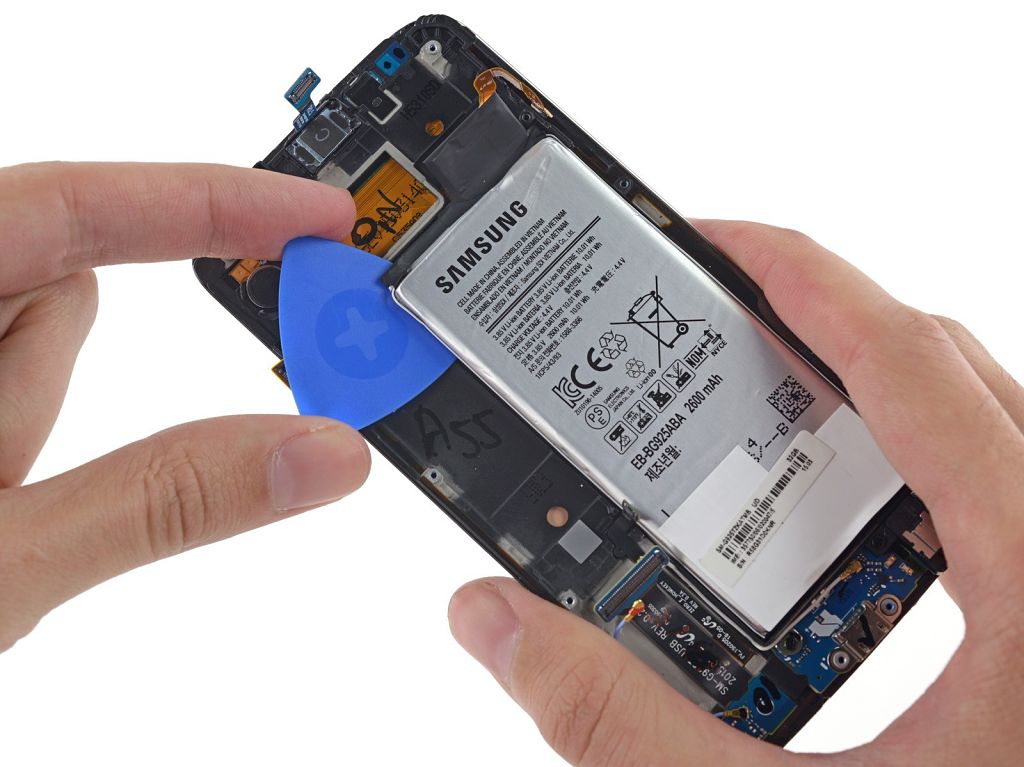What effect does temperature have on the performance of lithium-ion batteries? The effect of temperature on batteries cannot be underestimated. In severe cases, it will also affect the safety, life, function, and performance of lithium-ion batteries. The temperature control management of the battery has always been a core technical issue. It occupies a large space in the entire power battery management system, so that the battery can better adapt to environmental problems and perform normal performance.
How does temperature affect the performance of lithium-ion batteries?
Our country has a very wide geographical area, and the climate varies greatly from place to place. There are extremely cold northeast and high temperature Hainan. Such large temperature changes will have a significant impact on the electrical performance of lithium-ion batteries.
With excellent energy density, cycle life and power performance, lithium-ion batteries have achieved great success in the field of chemical energy storage. Regarding lithium-ion batteries, there is no clear theory in the industry to support the inevitable connection of internal resistance, discharge platform, life, and capacity under various temperature performances. The relevant calculation formulas and mathematical models are still in the groping stage. In general, lithium-ion batteries are not sensitive to the temperature in the range of 0-40°C, but once the temperature exceeds this range, the life and capacity will be compromised.
Among all environmental factors, temperature has the greatest impact on the charge and discharge performance of lithium-ion batteries. Generally speaking, people in the lithium-ion battery industry know that the charging and discharging state of lithium-ion batteries is stable or not, and temperature changes play a major role. When lithium-ion batteries are charged and discharged in high and low temperature environments, the battery capacity retention rate is The drop. I believe everyone has similar feelings, the use of lithium-ion batteries in winter is shorter than in summer. It can be seen that the performance of lithium-ion batteries is affected by the ambient temperature, and it is also greatly affected.
If the temperature drops, the reaction rate of the electrode also drops. Assuming that the battery voltage remains constant and the discharge current decreases, the power output of the battery will also decrease. The temperature rise is the opposite, that is, the output power of the lithium-ion battery will rise, and the temperature will also affect the transfer speed of the electrolyte. The temperature rise will speed up, the transfer temperature will drop, the transfer will slow down, and the battery charge and discharge performance will also be affected. But if the temperature is too high, over 45, it will destroy the chemical balance in the battery and cause side reactions.

Charging at low temperatures below 0°C will increase the internal pressure of the battery and may open the safety valve. The low temperature environment will reduce the activity of lithium ions, which will increase the internal resistance, weaken the discharge capacity of the battery and shorten the use time. If the lithium ion battery is in a low temperature environment for a short time, it will not damage the battery capacity. After the temperature rises, the performance will recover. However, if the lithium ion battery is operated and charged and discharged in a low temperature environment for a long time, metallic lithium will precipitate on the surface of the battery anode. This is an irreversible process that will permanently damage the capacity of the lithium ion battery.
Relatively speaking, lithium-ion batteries are more prone to safety problems in high-temperature environments. Therefore, high-temperature performance tests must be performed on lithium-ion batteries and compared with their normal temperature test data.
This shows that different types of lithium-ion batteries have different operating temperature ranges. The temperature is too high or too low will affect the performance of the lithium-ion battery, severely may even shorten the battery life. In order to charge effectively, the ambient temperature range of lithium-ion batteries should be between 5-30°C. Some special industries such as military weapons, polar scientific research, large-scale equipment, and scientific research have high requirements for low-temperature and high-temperature resistance of lithium-ion batteries. To be specially customized. You cannot use conventional lithium batteries as a substitute. This is not only unsafe, but may not reach the performance set by the equipment.
Special customized low-temperature lithium batteries use a large number of low-temperature resistant materials. So it can run in extremely cold ambient temperature, but it will actually have a certain impact on performance, but compared to conventional lithium batteries, these effects are still relatively small.
Post time: Oct-22-2020




